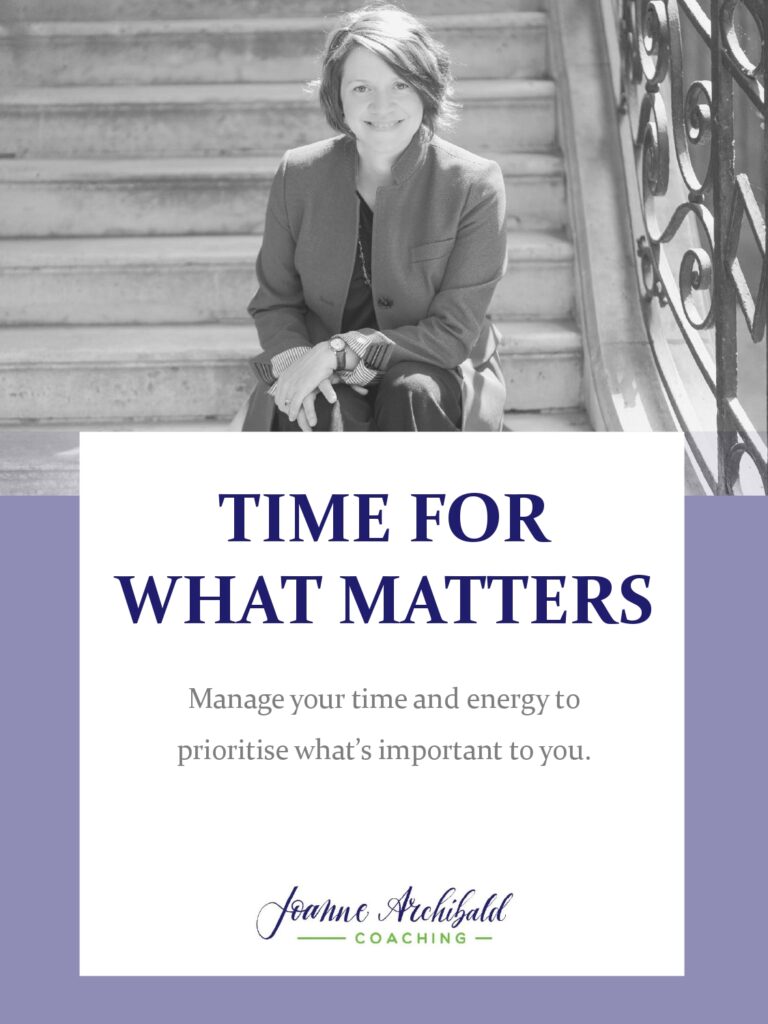Recently, my children have become totally obsessed with ancient Egypt. At the ages of five and eight, they are understandably (but perhaps slightly morbidly?) intrigued by pyramids, sphynxes and, most of all, mummies. Faced with such fascination, there is only one place any self-respecting Parisian Mummy (sorry, that’s the first and last one, promise) can go: the Louvre. Which is how I found myself sitting with my kids at the feet of a massive sarcophagus in France’s most famous museum, the three of us sketching – and marvelling at – the patterns painted on what is essentially a very old coffin.
This was our first grown-up museum outing, and I had planned well to ensure the children found it both fun and educational. That involved a promise of post-visit ice cream, low expectations of how much we would see (basically, some Egyptian stuff and the Mona Lisa) and, crucially, the purchase of brand new artist sketchbooks. Instead of mindlessly photographing things we saw, I thought, we’ll make some art. My idea was just to engage the children and give them something to do, but it turned into so much more. It became, for me at least, a refresher course in what it’s like to be ultra-present.
Lens-looking without seeing
Multiple studies, some dating back even 10 years¹, have shown that photographing something hinders rather than helps our memory of it². If that is the case, then the opposite is very true with drawing. We sat in front of several artefacts for a good ten minutes each, and as we sketched, it seemed that more and more of the secrets of the mummies were revealed to us. We noticed colour details, specific sites of wear and tear, a serpent on a forehead, the exact pattern made by the bandaging… I am sure that we would have been aware of none of those things if I’d handed the kids my phone to take a quick shot before moving on to the next artefact. In fact, as we watched masses of other visitors pass us by, grabbing a selfie with a sphynx on their way, it became incredibly obvious – to both me and my eight-year-old at least – how little anyone was really talking in. (I won’t even go into the 10-deep crowd in front of the Mona Lisa all with phone in hand.)
I’m as guilty as anyone else. I don’t photograph food, thank goodness, but how often do I step out of a fun family moment to take a picture? Didn’t I watch much of my daughter’s choir concert on the screen of my phone as I filmed it, rather than in real life? If the research is right, then my recollection of these precious moments is less vivid as a result, which begs the question: what do I want more? A great shot or a strong memory?
Meeting memories
It occurs to me that the same principle applies to note-taking. At the start of my coaching career, I dutifully took extensive notes as my clients talked… until I realised that doing so impeded my ability to be fully and unreservedly present with them. Ironically, the very act of noting down what they were saying (which the voice of my imposter syndrome told me was necessary to show I was professional, taking them seriously, providing value) actually prevented me from listening and truly absorbing what they were saying. So I stopped. I also gave up taking unnecessary notes in business meetings. I find that, the fewer notes I take, the more I actually remember of what was said. Now, with just a few quick memory prompts jotted down after a session, I can actually remember perfectly what multiple clients have said, even when weeks pass between sessions. And meetings feel like less of a drag as I fully engage rather than noting down every comment or idea, contenting myself with just a few pertinent points scribbled down before I leave.
I’ve read multiple articles explaining that we retain better that which we write down, and that by hand is infinitely superior to typing when it comes to learning. While that is surely true in an academic context, I have come to suspect that our urge to take notes at work or to take photos of our friends and families is less about retaining information or a particular event and more about having something to do, shying away from giving ourselves to the moment, or being fully present for the discussion.
Opting out of the documentary
So, what would happen if we simply stopped documenting it all? Before camera phones became omnipresent, photos were only taken on special occasions, because those were the only times when you thought to put a camera in your bag. And yet, I find my strongest memories of childhood and young adulthood are the everyday ones, the images that now exist only in my mind as no one thought to pause and capture the moment. I’ve now been a coach for over ten years, and if I were to bump into almost any client on the street, I could still recall instantly their main challenges, action choices and turning points of their coaching journey with me. Not true for the first kind guinea pigs who let me practice my fledgling skills on them while training and about whom I took copious notes.
I also suspect that, were we to cease documenting our personal and professional lives, we might simply savour them more. We’d be more present for the piano recital because we’re less concerned with framing the image and adjusting the zoom. We’d be more creative and insightful in meetings because we’d be thinking about and responding to what a colleague just said instead of mindlessly scrawling it on a notepad. We’d be more connected with friends as we’d be so caught up with the moment that we’d simply forget the phone exists at all and would never pull it out to ask the waiter to take a picture (which of course leads to a quick check of our messages, email, WhatsApp…).
Breaking the habit – step by step
It’s hard to go cold turkey, though. Documenting our days (and then in some cases curating them beautifully for social media) has become so entrenched in our society that for some it is now just a way of life. However, if you want to move away from endlessly photographing, note-taking, filming, etc., here are a few ideas to get started.
At work
- Instead of taking notes during meetings, grab a few minutes at the end to capture the top five points you will need to remember or to which you will want to refer back. Build this tiny window of time into your schedule or simply do it while everyone’s wrapping up.
- Even when formal minutes are not really necessary, suggest that just one person take notes in meetings to circulate later. This can liberate everyone else from the need to take notes and allow for greater creativity. Make sure you take turns as note-keeper.
- In small, informal meetings, have someone note important decisions or ideas on a whiteboard to facilitate brainstorming and discussion, then jot down only what’s necessary from that at the end of the meeting. If you really want to be sure to capture it all, take a photo of the board before wiping.
At play
- Replace an actual photo with a mental photo. Look at the scene you are tempted to photograph and really take it in through all five senses. Then close your eyes, take a deep breath, and lock it away in your brain.
- Buy a sketchpad when visiting a museum, gallery, or even a city. When the urge comes to take yet another photo of a view/monument/work of art, grab your pencil and draw it instead.
- Rather than documenting events throughout the day, take a moment at the end of the day to write down a few key memories, perhaps in the form of a line-a-day diary.
- Take this one step further by making a gratitude list for the day, noting down things that went well or moments of peace and joy.
- To take things further, try Meik Wiking’s excellent book Happy Moments: How to Create Experiences You’ll Remember for a Lifetime. As well as great ideas on how to capture and preserve more memories throughout your life, Wiking also offers advice on how to make more moments memorable.
I don’t intend to stop taking notes entirely (partly because that would take away my excuse to buy indulge my stationery addiction). Nor do I want to walk away from special days with no nice pictures for my yearly photo album. However, the more I make my documenting intentional and mindful, the more I find I can stay in the moment. And, ultimately, it is by being present that we make the best, most vivid, and most meaningful memories.
I don’t intend to stop taking notes entirely (partly because that would take away my excuse to indulge my stationery addiction). Nor do I want to walk away from special days with no nice pictures for my yearly photo album. However, the more I make my documenting intentional and mindful, the more I find I can stay in the moment. And, ultimately, it is by being present that we make the best, most vivid, and most meaningful memories.
¹ https://psycnet.apa.org/record/2014-05221-010
² https://www.bps.org.uk/research-digest/our-memory-worse-things-weve-photographed-even-when-weve-taken-multiple-photos
Do you ever wish you were more “in” your life, rather than watching your life unfold around you? Would you like to live in a way that is more mindful and intentional? Working with a focused, energetic and insightful coach can help you adopt a self-compassionate and holistic approach to building a life and career you love, on purpose and with purpose. Contact me to find out more about working together.




